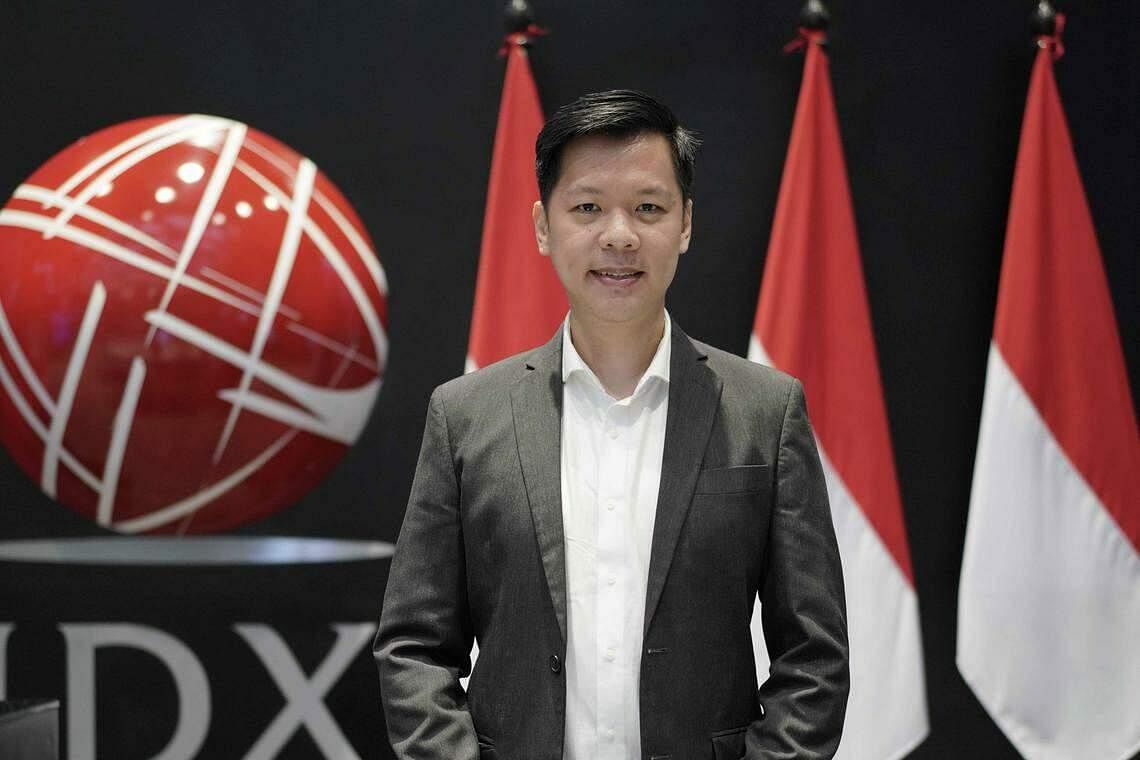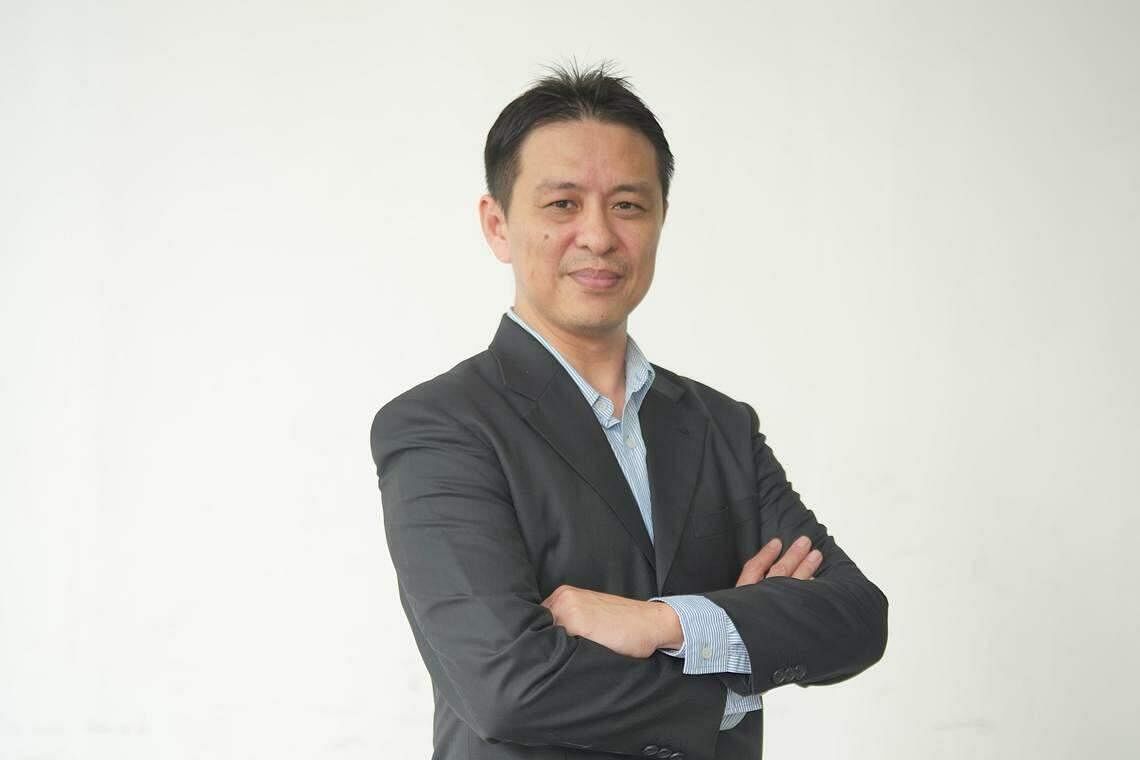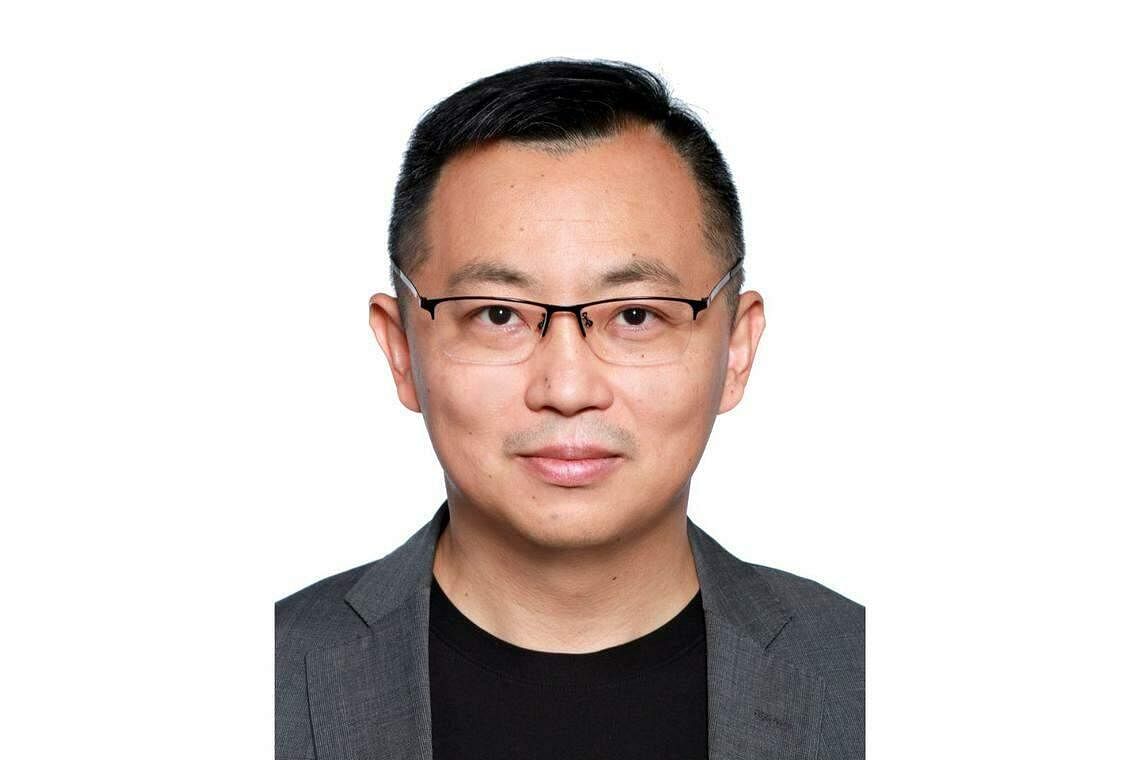ROUNDTABLE PANELLISTS:
- Alamsyah Cheung, president director, Sumber Sinergi Makmur [Indonesia]
- Alan Lai, founder and CEO, ProfilePrint [Singapore]
- Lam Wun Chi, co-founder and CEO, Spaceship [Hong Kong]
- Dr Saw Lin Kiat, CEO, Faesol [Singapore]
- Tao Lei, company director, Marco Global Payroll [Singapore]
Moderated by Elysia Tan, journalist, The Business Times
What are some major trends that have changed how your industry operates?
Tao Lei: During the pandemic, remote work became a global trend. Even though physical borders stayed shut, digital borders became more open as more people started working from home or even from other countries.
These changes bring operational challenges in setting up employment relationships across borders – which become opportunities for the HR industry.
Lam Wun Chi: The logistics industry has been transformed by major trends such as the e-commerce boom, supply chain visibility, automation, big data analytics, sustainability, on-demand and shared economy models, and omni-channel logistics.
These trends have led to increased demand for efficient last-mile delivery, improved transparency and tracking capabilities, automation of warehouses and vehicles, data-driven decision-making, a focus on sustainability, utilisation of shared resources, and adaptation to multiple sales channels.
Embracing these trends is essential for logistics companies to stay competitive and meet evolving customer expectations in a rapidly changing industry.
Alamsyah Cheung: Firstly, the vehicle financing industry has shifted from manual data collection to IT data collection. They need to mitigate the risk of losing vehicles, which is their underlying asset when giving credit loans to customers. Our Internet of Things-based GPS trackers allow them to access data faster and at a cheaper cost to find them more quickly.
Before, they needed to pay third parties the operational cost and success fee to find and retrieve vehicles. With our technology, their cost is only once at the beginning, and they can track the vehicles by themselves through their computer within a click, making it easy, faster, and cheaper.
Secondly, the e-commerce industry has grown very fast, and so has the logistics industry. They need to invest in many trucks and vans to achieve the standard of fast delivery and become e-commerce logistics vendors. They need to have monitoring tools, to make everything easy to monitor and control.

Alan Lai: ProfilePrint uses artificial intelligence-driven analysis to help agribusinesses assess the quality of food ingredients. With the rise of solutions like ChatGPT, better understanding the capabilities and limitations of such AI tools has helped our clients adopt the right strategies in deploying AI.
Instead of clients being fearful of AI tools replacing individual jobs, most of them are now more concerned about how to best use AI to develop and strengthen their company’s competitive edge.
Dr Saw Lin Kiat: As societies grapple with ageing populations and the need to prevent multi-morbidity, it is crucial for the future of food to cater to individual nutritional needs, aligning with Faesol’s mission of promoting “healthy everyday” living.
Why is it important to embrace technology in your industry?
Tao: The HR industry deals with a lot of data every single day: employee information, leave balances, payroll data, expenses, and so on. At high data volumes, it becomes extremely difficult to manage and verify the data.
Today, technology has already revolutionised how we deal with data for many industries. If we don’t embrace technology to resolve this problem, it is too easy to lose control of day-to-day operations and virtually impossible to scale up business growth.
Lam: Embracing technology in the logistics industry is crucial for improved efficiency, cost reduction, and meeting customer expectations.
Technology enables real-time tracking, streamlined operations, automation of processes, data-driven decision-making, and enhanced supply chain visibility. It allows for optimised routing, faster order processing, accurate inventory management, and improved customer service.
By leveraging technology, logistics companies can stay competitive, adapt to changing market demands, and provide seamless end-to-end solutions, ultimately leading to increased operational effectiveness and customer satisfaction.
Cheung: By keeping our GPS technology up-to-date, we are able to stay attractive to our customers, who use it to manage their vehicles’ activities – to monitor their locations, schedule servicing, check miles and routes travelled – and evaluate drivers’ behaviour.
Lai: The agrifood industry has not changed significantly for centuries. But with the recent digitalisation and tech adoption, there are significant opportunities to cut waste, increase economic value and improve lives across the food supply chain.

Dr Saw: Technology is pivotal in shaping the future of the food industry. It enhances operational efficiency, food safety and adaptability to consumer preferences, while ensuring regulatory compliance.
Additionally, technology plays a critical role in securing sustainable food supplies amidst global population growth and climate uncertainties, emphasising food safety and traceability for a more connected and sustainable food ecosystem.
How do you balance technological advancement with employee development?
Tao: Technological advancement does not necessarily come at the cost of employee development. We use technology to promote our work efficiency and to reduce routine tasks, so that our company can focus on more important and novel areas of our work.
Lam: In the logistics industry, this involves offering continuous training and upskilling programmes to keep employees updated on emerging technologies. This can make employees feel valued, empowered, and equipped to leverage technology effectively in their roles.
Cheung: Employee development and technology development work together in our company to balance operational costs and profit.
From 2012 to 2019, 70 per cent of our employees were high school graduates and 30 per cent were university graduates. From 2019 to now, we have the opposite composition: 70 per cent are university graduates and 30 per cent are high school graduates.
Only a challenge can help employees grow. We give them a better challenge to be done.
Lai: Both humans and technology must go hand-in-hand. A business should not over-rely on technology without developing its employees and considering the human aspects of the business.
Neither should it rely only on developing employees without considering adopting technologies, as it would potentially be missing out on the huge opportunities that come along with this technology transformation.
Dr Saw: To Faesol, technological advancement complements employee development. We continue to foster a culture of innovation, adaptability, and continuous learning.
This, in turn, contributes to the company’s long-term success and growth in translating advanced food technology for everyday use. It allows us to maintain our edge as a fast-growing food manufacturing company.

Amid economic uncertainty, how do you ensure that your business remains sustainable?
Tao: No matter how the economic tides turn, everyone will need to have their salary paid at the end of the month. That’s how our business remains sustainable even if consumer spending changes.
Lam: Ensuring business sustainability requires a few key strategies. Diversify the customer base and explore new markets to mitigate the impact of reduced spending.
Focus on cost optimisation and efficiency improvements to maintain profitability. Enhance customer experiences to retain existing customers and attract new ones.
Continuously monitor market trends and adapt business strategies accordingly. Explore partnerships or collaborations, and invest in innovation to stay ahead of the competition.

Cheung: Fortunately, our business is the standard business process for logistics and vehicle finance companies. Our solution is something that they need to implement if they want to avoid facing a higher operational cost.
Additionally, Indonesia’s government has transportation regulations for all the trucks and buses used for business to have GPS trackers installed, for national safety reasons.
With these regulations, the government has provided us with a big potential market. In January to July 2022, more than 40,000 trucks and more than 1,000 buses were sold in Indonesia. These are our potential customers, because they absolutely should install GPS trackers.
Lai: Every market uncertainty comes along with business opportunities. Instead of focusing on markets with weaker demand, we stay nimble by serving clients that see significant advantages in deployment of technologies, reducing cost and improving their profits.
Dr Saw: Post-Covid, heightened health consciousness among consumers has bolstered the demand for healthier out-of-home options, providing a buffer against economic uncertainty.
To enhance resilience, Faesol consistently integrates our products and services – used to create healthier Asian beverages – with food and beverage businesses seamlessly, while also optimising supply chain efficiencies.
Active participation in national health strategies, including assisting clients in product launches with improved Nutri-Grades and low-sodium alternatives, further strengthens our growth sustainability.
Why is regionalisation important, and what opportunities are you looking into?
Tao: As a global workforce engagement company, it is imperative that we understand and operate within the local labour laws and culture so that we can carry out payroll and HR services satisfactorily.
We are going to explore North America markets, which remain strong as a global pool of talent. The market is big and full of growing companies, and that provides ample opportunities for a business like us.

Lam: Regionalisation is important for several reasons. It mitigates geopolitical risks, and enables better customisation to local market preferences. As for growth areas and markets, we are actively exploring emerging economies like South-east Asia and Japan, which offer significant growth potential in e-commerce.
Cheung: Regionalisation can make it easier to control activities while keeping operational costs efficient, as we could send a technician without needing to set up a physical office. It is important so the company can have better profits for future sustainability and development.
For now, we are still focused on the Indonesian market. With more than 17,000 islands, logistics has a very important role for the nation. We have not made plans yet, but we could potentially go to Vietnam and Thailand next.
Lai: Over 90 per cent of our revenue comes from clients outside Singapore; we have deployments in over 40 locations across all six continents. As such, globalisation has to be part of our go-to-market strategy right from the start.
Dr Saw: Singapore, being a developed city-state grappling with ageing and multi-morbidity concerns, serves as an ideal proving ground for both our technology platform and business models.
Having successfully expanded into Malaysia, we are now poised to introduce our products and services to other major cities across the Asia-Pacific region facing similar challenges to Singapore.






